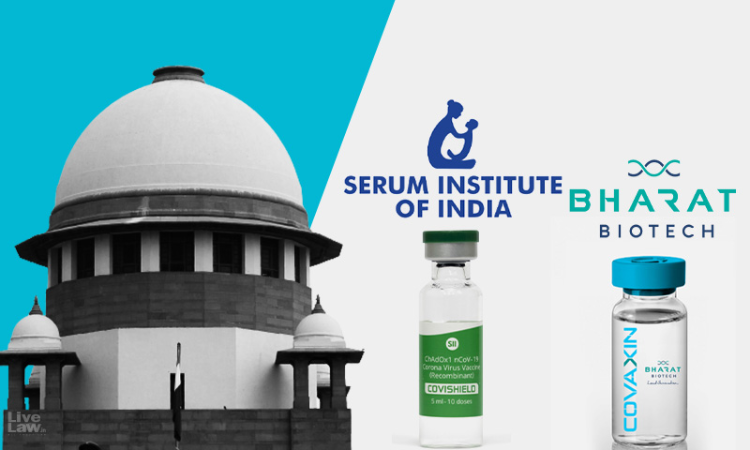The Supreme Court has sought from the Central Government the details of public funding and aid given to COVID vaccine manufacturers Bharat Biotech and Serum Institute of India.The Court has also asked whether the current vaccine procurement prices for the Central Government account for the aid provided to the companies. If the vaccine prices account for such grant, on what basis the same...

